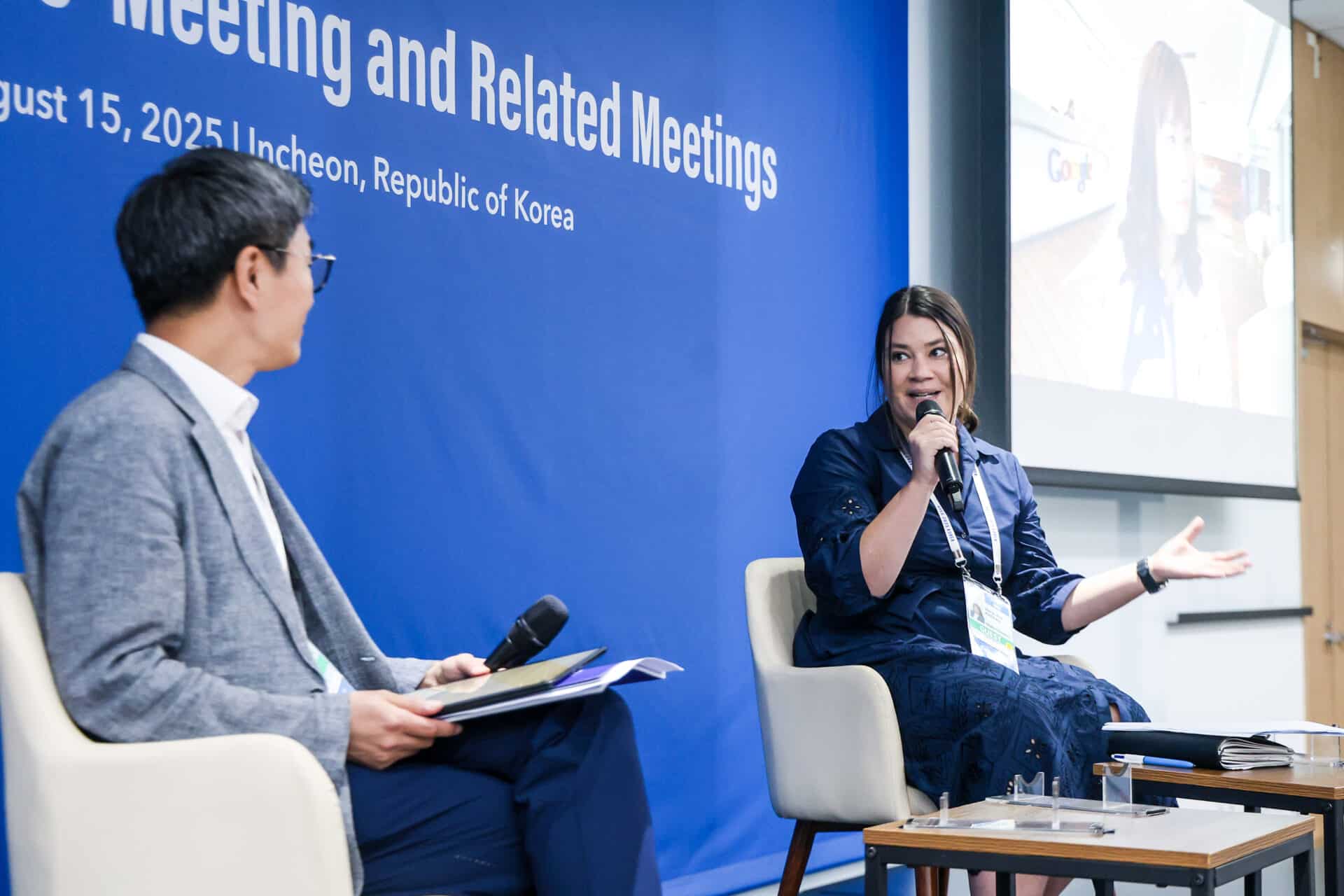Children’s privacy advances across Asia-Pacific with new policy recommendations
5Rights expert insights contribute to policy recommendations that will guide children’s privacy protection across all 21 Asia-Pacific Economic Cooperation member economies

Across the Asia-Pacific region, global momentum is building to protect children’s right to privacy in the digital world. Following sustained engagement and support from 5Rights, Indonesia became the first Global South country to adopt binding regulation for age-appropriate design. In parallel, the Philippines’ National Privacy Commission published Guidelines on Child-Oriented Transparency, while Australian and Canadian privacy regulators are both developing children’s online privacy codes.
Building on this foundation, Korea’s Personal Information Protection Commission is developing Policy Recommendations on Youth Privacy in the Asia-Pacific Region to establish best practices across the pioneering region.
At the recent Asia-Pacific Economic Cooperation (APEC) Third Senior Officials’ Meeting in Incheon, South Korea, Marie-Ève Nadeau, 5Rights’ Head of International Affairs, delivered an expert lecture, highlighting the urgent need for systemic change in how technology treats children.
90% of websites meant for children embed one or more trackers, 73% of the most popular apps and platforms for kids monetise personal information, 67% of apps used by 3– to 4 year olds collect digital identifiers and share them with third-party advertisers. These aren’t isolated cases but reflect standard practices in a system designed to extract and exploit children’s data.
“By setting clear, common standards, that put children’s rights and best interests first and by embedding privacy by design and default, APEC economies can help build a digital economy that is safer for children, trusted by the public, reduces legal and reputational risks, and increases product scalability across jurisdictions.”
Marie-Ève Nadeau, 5Rights Head of International Affairs
These policy recommendations, integrating 5Rights’ research and insights alongside contributions from other experts, will be finalised by the end of the year and represent a step toward ensuring children aren’t reduced to exploitable data points.
For these recommendations to deliver meaningful change, APEC member economies must hold companies accountable to design with privacy and children’s rights in mind, rather than shifting the burden to children and their families who must navigate complex privacy settings to provide meaningless “consent” to the exploitation of their data.
To build the digital world children deserve, regulators must adopt international best practices to detoxify how tech companies treat children. For APEC economies, child-centred privacy design is more than a moral obligation, it can become a competitive advantage to shape an innovative future that serves children’s best interests as digital users and citizens. By prioritising their privacy, the Asia-Pacific region has the opportunity to create the conditions for responsible innovation and long-term sustainable growth that serves all of society.
